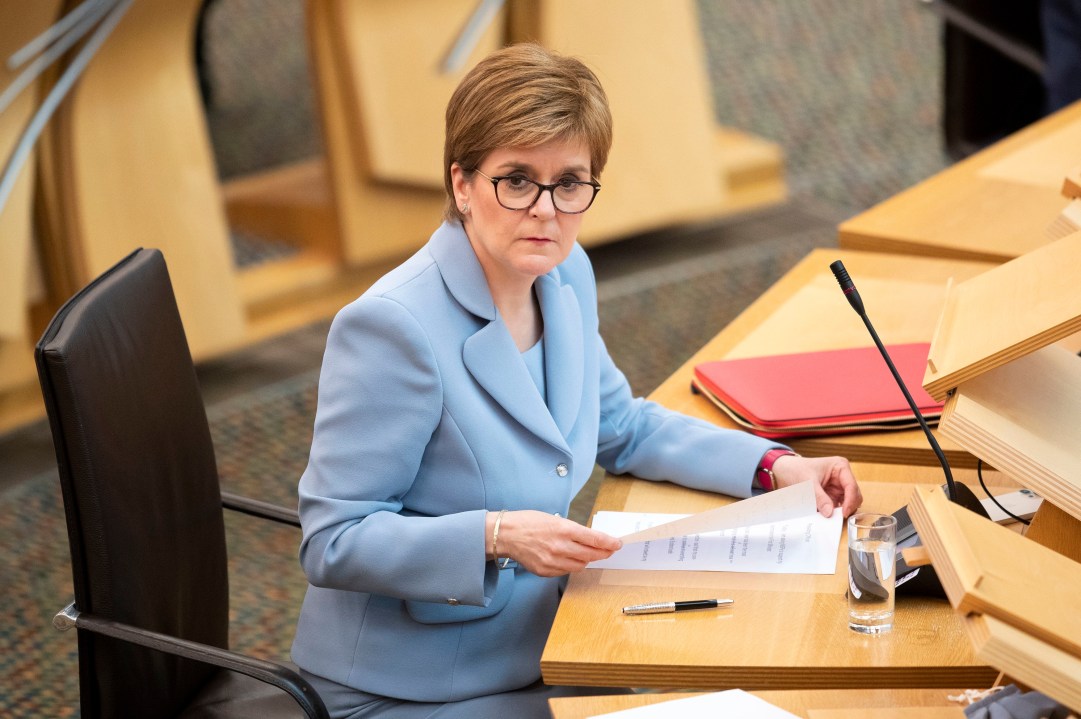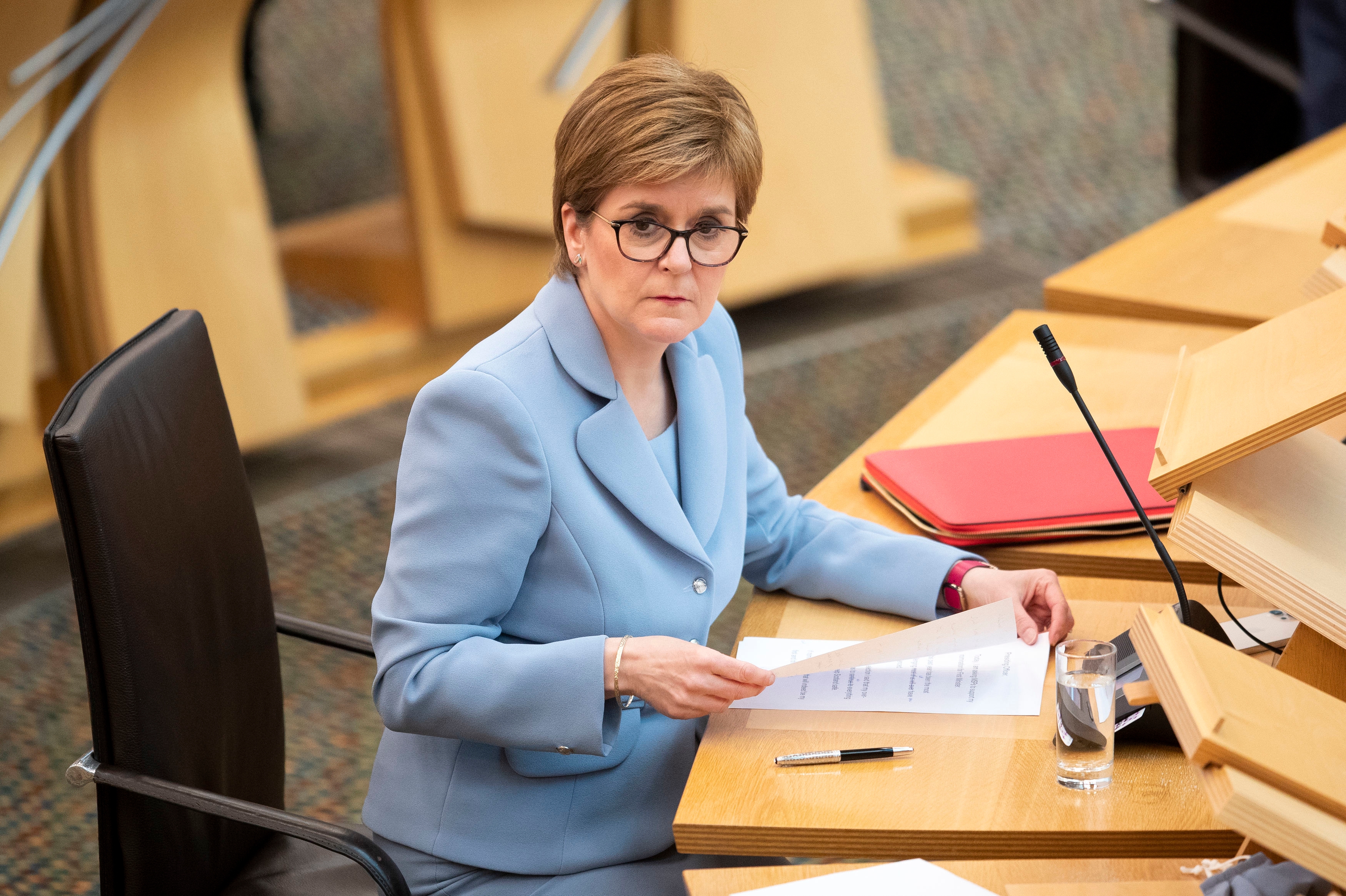The news that a Scottish woman died from cancer after being among more than 400 wrongly told they did not need to undergo cervical screening is unspeakably grim. Worse is the confirmation that the records of a further 500 women, which pre-date 1997, have yet to be accessed, meaning many more could be affected. The error stems from the incorrect exclusion of women who underwent partial hysterectomies. The Scottish government says it is also checking the records of 200,000 women who received a total hysterectomy, though this is a precautionary move and these women are expected to have been properly absented from screening call-ups.
They withheld the scandal from the Scottish public for 107 days
Four potential reasons for the systemic failure have been given. First, some women may have been referred for a total hysterectomy but, for clinical reasons, given a subtotal procedure without their discharge letter noting the change, causing their GP to take their name off the recall list. Second, some operations may have been ‘miscoded’ in theatre or subtotal surgeries mistaken for total surgeries. Third, laboratory error in which specimens from women who underwent partial removal were coded as being the product of full removals. And fourth, some women may have been deleted from the recall list even though their GP surgery was told their cervix had not been removed.
The scandal was discovered in December 2020 but only made public by women’s health minister Maree Todd yesterday afternoon, on the final sitting day before the Scottish parliament went into summer recess. Todd admitted under opposition questioning that the Scottish overnment has known about what she called ‘a serious adverse event’ since 9 March, meaning they withheld the scandal from the Scottish public for 107 days. March was also the middle of the Holyrood election campaign.
Todd says it was ‘absolutely vital that the NHS took the time to accurately understand each person’s circumstances’ before contacting any patients to tell them they might be affected. Yet the opposition isn’t satisfied with this answer. The Conservatives’ health spokeswoman Annie Wells says ministers ‘have serious questions to answer as to how urgently they addressed this issue’. She points out the ‘mixed messaging’ in saying that ministers didn’t want to go public before the affected women were told — then doing so with 500 records still to be retrieved. Labour’s Jackie Baillie says it ‘beggars belief’ that the SNP chose to ‘keep the public in the dark’ and that it was ‘playing politics with people’s health’. Alex Cole-Hamilton, the Lib Dems’ health spokesman, calls it ‘a cynical abuse of power’ to withhold the information for months only to slip it out on the final sitting day before summer.
As with all such rows, the SNP government will be shielded from accountability by its backbenchers’ iron discipline. The parliamentary party operates essentially as a bloc vote, so ministers are unlikely to face the kind of punishing questions in parliament or anonymous quotes in the papers that UK government ministers would face in the same circumstances. However, a parliament rigged against scrutiny cannot cover the stench of cynicism that lingers over the Scottish government’s timing.








Comments